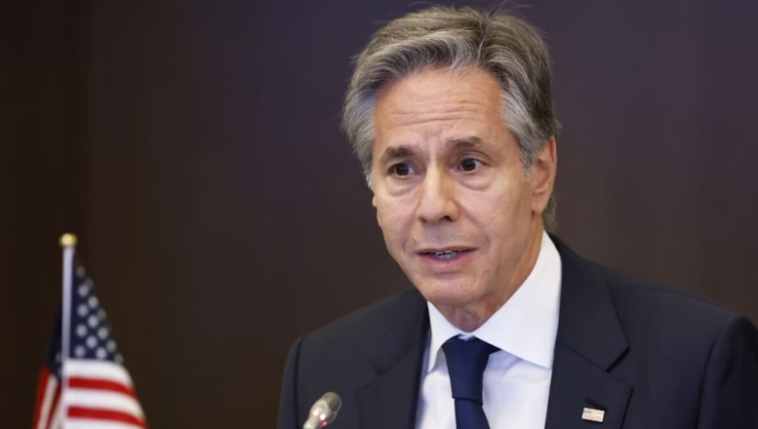In a decisive move to address perceived political bias and safeguard national security, President Donald Trump has revoked the security clearances of several prominent figures associated with the previous administration. This action follows the recent termination of former President Joe Biden’s access to classified information.
Among those affected is former Secretary of State Antony Blinken, whom Trump referred to as a “bad guy.” Blinken is alleged to have orchestrated a letter, signed by 51 former intelligence officials, suggesting that reports about Hunter Biden’s laptop were potentially “Russian disinformation.” Trump emphasized the comprehensive nature of the revocation, stating, “Take away his passes. This is to take away every right they have including they can’t go into [federal] buildings.”
The list of individuals whose security clearances have been rescinded includes:
- Jake Sullivan: Former National Security Advisor under President Biden, previously an aide to Hillary Clinton, and involved in promoting the Russian collusion narrative.
- Alvin Bragg: Manhattan District Attorney, known for prosecuting a case against Trump that has been criticized as politically motivated.
- Letitia James: New York Attorney General, involved in legal actions against Trump.
- Lisa Monaco: Former Deputy Attorney General under Merrick Garland, instrumental in the Justice Department’s response to the January 6th events.
- Andrew Weissmann: Lead prosecutor during Special Counsel Robert Mueller’s investigation into alleged Russian interference.
- Mark Zaid: Attorney who represented the CIA whistleblower whose testimony led to Trump’s first impeachment.
- Norm Eisen: Served as special counsel to House Democrats during Trump’s impeachment proceedings.
These actions reflect President Trump’s commitment to addressing what he perceives as politically motivated actions by former officials and ensuring that individuals who have engaged in such activities do not retain access to sensitive information.
The revocation of security clearances is a significant measure, as it restricts these individuals from accessing classified information and entering federal buildings, thereby limiting their influence within government operations.
This development underscores the administration’s broader initiative to reform security protocols and address concerns regarding the politicization of intelligence and law enforcement agencies.


